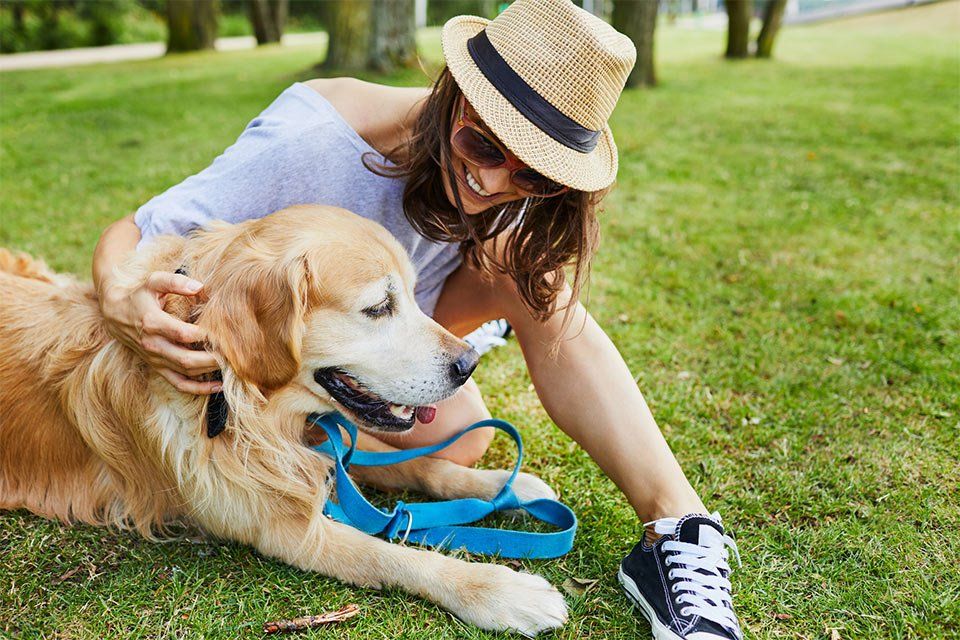Pack Your Pet's Vacation Luggage With These 6 Essentials

Americans enjoy spending time with their pets, and that often includes taking them on vacation. But travel with any animal — even an easygoing pet — has some of its own complications. One of the best ways to manage pet travel and minimize any potential problems is to pack a pet suitcase just like you do for yourself and your kids. Instead of filling your pet’s bag with clothes and shoes, fill it with their own travel essentials. What types of essentials should go into your furry friend's luggage? Here are six of the most important to remember.
1. Leashes and Harnesses
On the road, you will need to be able to take your pet on walks for exercise and relief. Make sure you have more than one leash along in case one gets lost during the trip. Additionally, many dog and cat owners prefer to use harnesses for better control in crowded or unfamiliar surroundings, so consider bringing an extra for your trip.
2. Food and Water
When on the road, you don't want to experiment with a pet's digestive system. Bring along plenty of supplies of whatever they normally eat at home. Since travel can involve unexpected delays or emergencies, be sure to bring extra food and treats. Strange water can also cause stomach upset for pets on vacation. Bring along some water from your own home — what the pet normally drinks — if possible. If you will be gone for a long time or have a large pet, you can at least acclimate the pet to foreign water sources over several days by rationing out the water you brought from home.
3. Toys and Bedding
Bring along some comforts from home for your pet just like you do for your kids. Pack their bag with a few special toys (or perhaps a few new ones for the trip), their blankets, and bedding. Avoid washing these things just prior to the trip so that the pet smells the familiar scents of home.
4. Carrier or Crate
If you plan to stay in a hotel, management may not allow pets to sleep on the beds or get on the furniture. If you are staying at a friend's house, having a pet carrier or crate around could help avoid problems with other animals or with kids. Dogs particularly often feel safe in their own crate, so it can help them be comfortable in strange environments. Look for collapsible or fabric crates that are travel-friendly.
5. Health Certificate
A health certificate — a certification signed by your veterinarian that the pet is in good health — is essential when your travel involves certain specific activities. This includes travel by airline or train and through certain states. Check with the airline or train service to learn their requirements for certification. If you plan to travel internationally, you may need additional paperwork as well. Even if it's not required, a health certificate from the vet can alleviate potential problems. Canada, for instance, doesn't generally require health certificates, but they do require proof of rabies and proof of age. If Canadian officials suspect your pet of not appearing in good health, having a health certificate could save you a lot of time and worry.
6. Extra Medications
Does your pet need to take medications on a regular basis? Be certain you have enough packed to cover the whole trip as well as a few extra days just in case of an emergency. If your veterinarian recommended any supplements or herbal medicine for carsickness or nerves, include these even if you aren't sure you will use them. It's better to be prepared than to have a miserable vacation. Your four-legged friend will thank you for packing their luggage with as much care as you do your own. For more recommendations about supplying pets for a vacation trip, make an appointment with an experienced veterinarian. At Pet Medical Center of Vero Beach , our caring staff is ready to help you get ready for your vacation fun. Call today to discuss any concerns specific to your animal.





